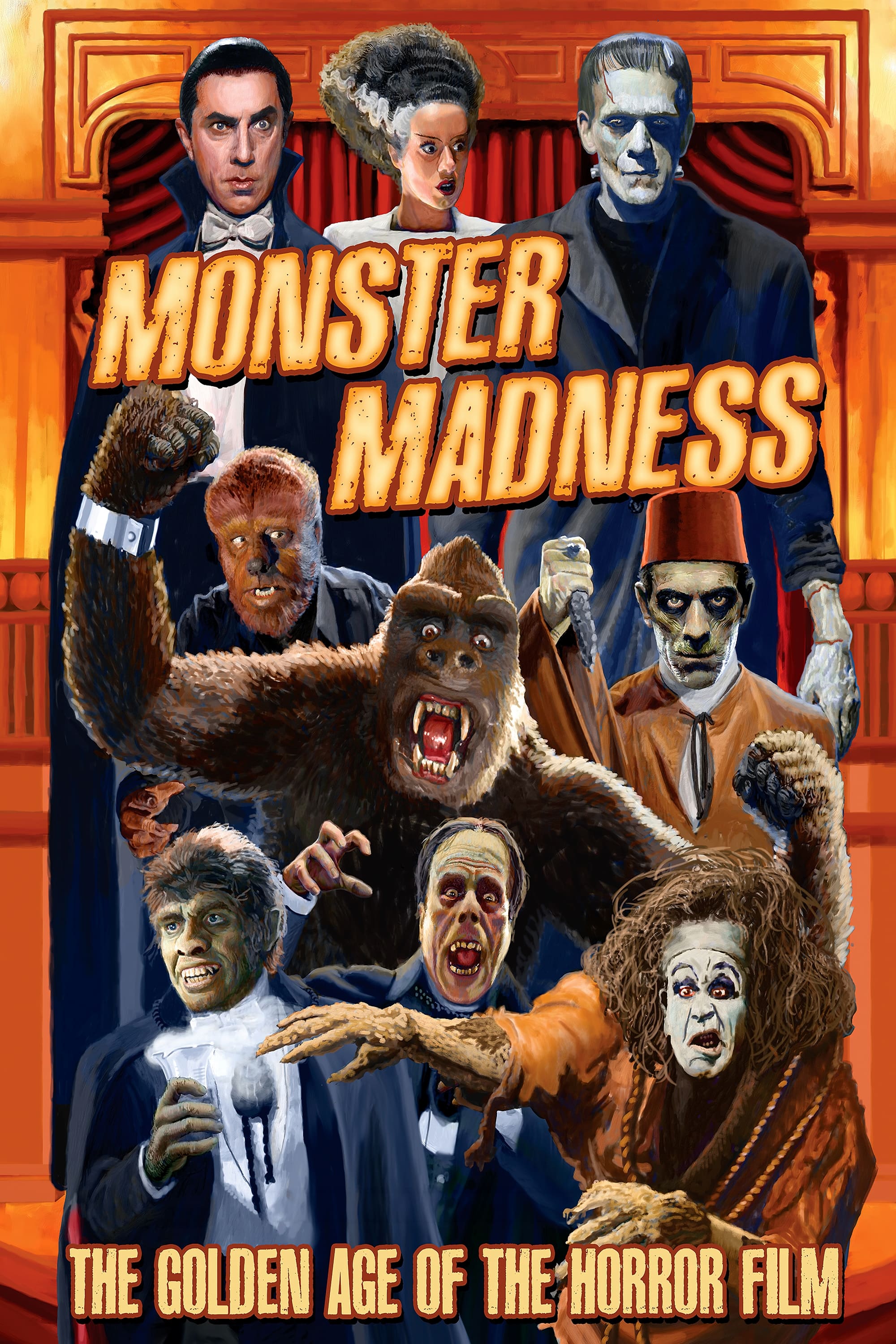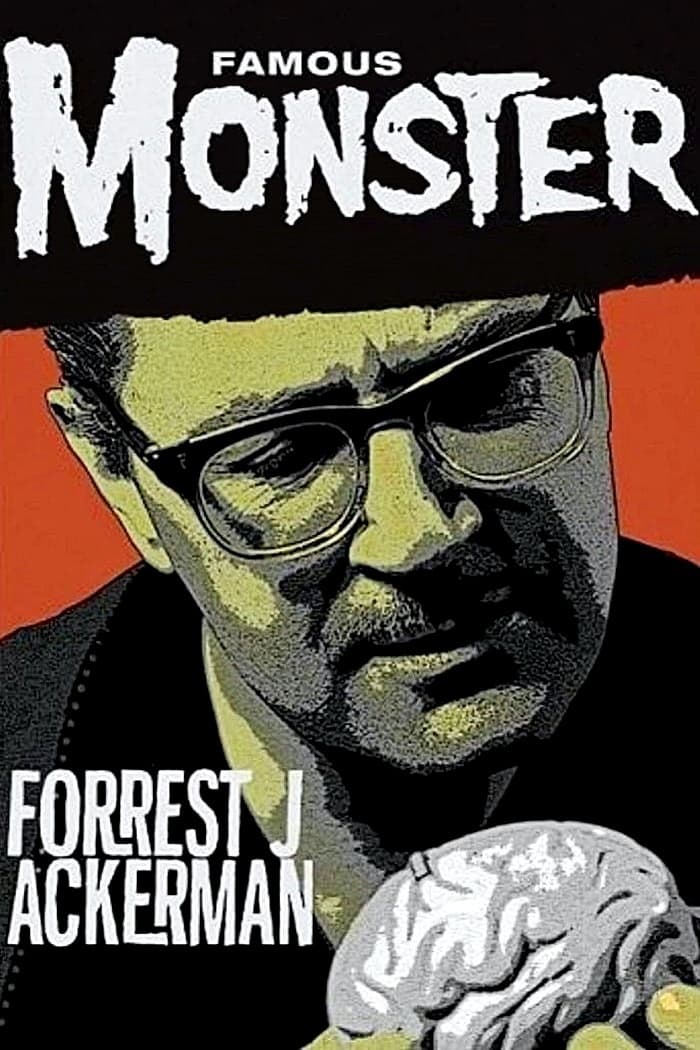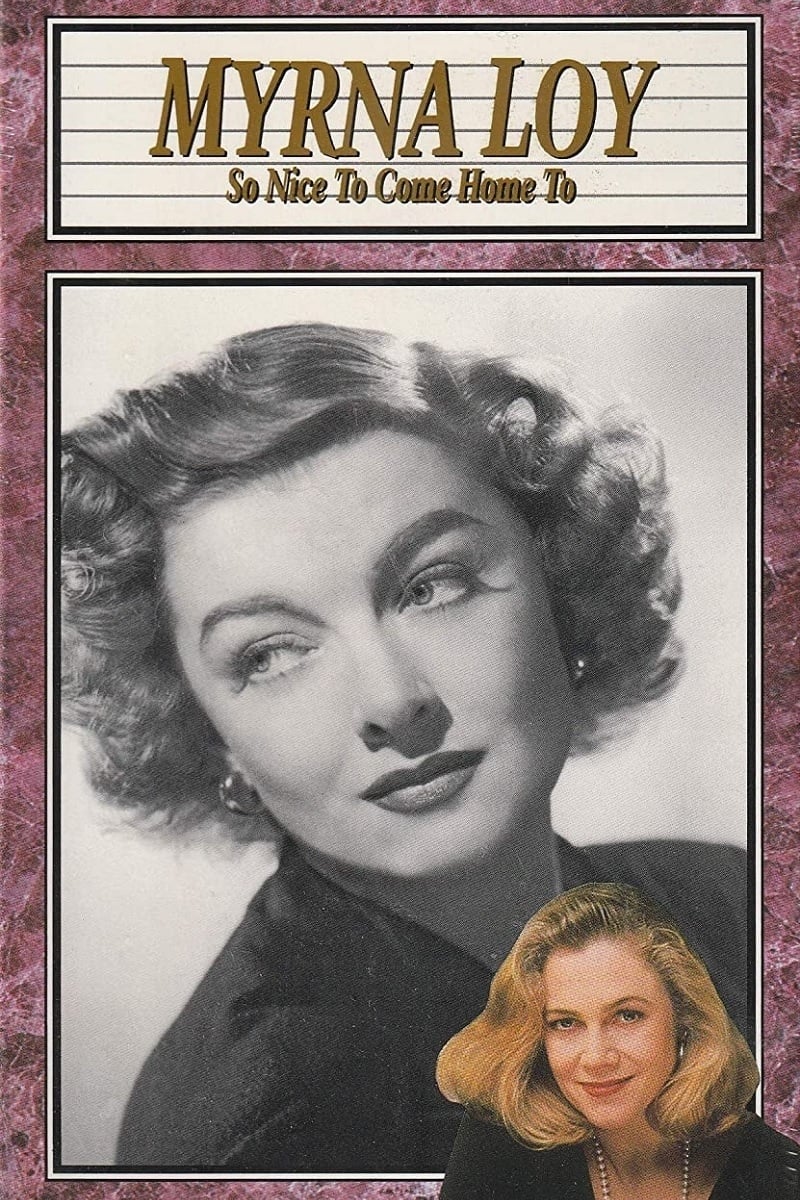

Coded tells the story of illustrator J.C. Leyendecker, whose legacy laid the foundation for today's out-and-proud LGBTQ advertisements.

Join foremost experts discussing true Horror Classics - Frankenstein, Dracula, The Black Cat, Wolfman, King Kong, Bride of Frankenstein, and more. Grab the popcorn and take a deep breath as we conjure up the thrills, chills and magic of Monster Madness!

Famous Monster takes a fast-paced, colorful look at the life of science fiction's greatest fan - Forrest J. Ackerman, whose 85 year love affair with the genre helped bring it into the mainstream and shape the way we view science fiction today.

This tribute to Myrna Loy is organized chronologically with a few photographs, many film clips, a handful of personal appearances, and a detailed commentary delivered on camera by Kathleen Turner. Turner walks us through Loy's career as a dancer and an actress miscast as an exotic. She comes into her own as a grown-up women: shrewd, funny, decorous, and sexy - in "Manhattan Melodrama" and "The Thin Man." Her volunteer work during World War II, later stage work, and progressive politics come in for admiration as well. It's her style - seen best in her roles as a wife of charm and independence - that's captured and celebrated here.
Fredric March (born Ernest Frederick McIntyre Bickel; August 31, 1897 – April 14, 1975) was an American actor, regarded as one of Hollywood's most celebrated, versatile stars of the 1930s and 1940s. He won the Academy Award for Best Actor for Dr. Jekyll and Mr. Hyde (1931) and The Best Years of Our Lives (1946), as well as the Tony Award for Best Actor in a Play for Years Ago (1947) and Long Day's Journey into Night (1956). March is one of only two actors, the other being Helen Hayes, to have won both the Academy Award and the Tony Award twice. Description above from the Wikipedia article Fredric March, licensed under CC-BY-SA, full list of contributors on Wikipedia.
By browsing this website, you accept our cookies policy.